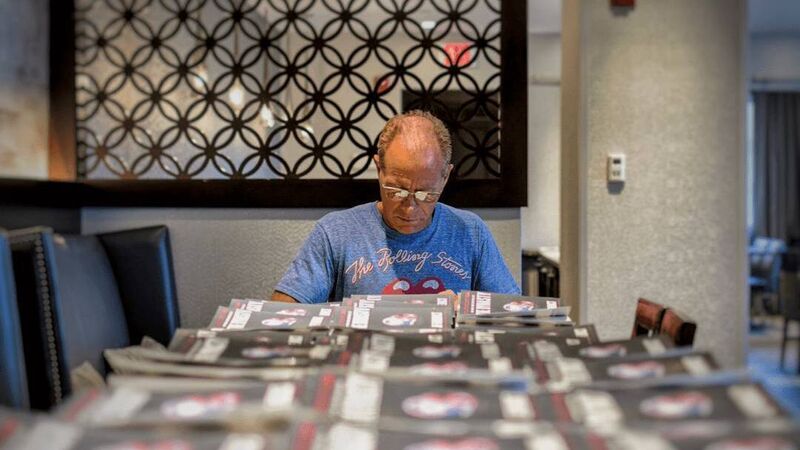The Jeff Benedict interview: What next for the world LeBron built?

WRITER TO THE GREATS: Author Jeff Benedict Pic: jeffbenedict.com
Try from €1.50 / week
SUBSCRIBE
WRITER TO THE GREATS: Author Jeff Benedict Pic: jeffbenedict.com
‘A motorcade of shiny black SUVs exited Westchester County Airport and crossed into Connecticut, meandering along wooded back roads before turning onto a smoothly paved private drive lined on both sides with stone walls and large leafy oaks and maples. In the backseat of one of the vehicles, 25-year-old LeBron James sat beside 23-year-old Savannah Brinson, his soulmate since high school and the mother of their two little boys… It was Thursday, July 8, 2010… The world’s most celebrated player couldn’t foresee that by the end of the night he would be the most hated athlete in all of sports.’
- LeBron (2023), Jeff Benedict
Already a subscriber? Sign in
You have reached your article limit.
Annual €130 €80
Best value
Monthly €12€6 / month
Introductory offers for new customers. Annual billed once for first year. Renews at €130. Monthly initial discount (first 3 months) billed monthly, then €12 a month. Ts&Cs apply.
CONNECT WITH US TODAY
Be the first to know the latest news and updates
Newsletter
Latest news from the world of sport, along with the best in opinion from our outstanding team of sports writers. and reporters
Newsletter
Latest news from the world of sport, along with the best in opinion from our outstanding team of sports writers. and reporters
Friday, February 13, 2026 - 10:00 PM
Saturday, February 14, 2026 - 8:00 AM
Saturday, February 14, 2026 - 8:00 AM

Select your favourite newsletters and get the best of Irish Examiner delivered to your inbox
© Examiner Echo Group Limited